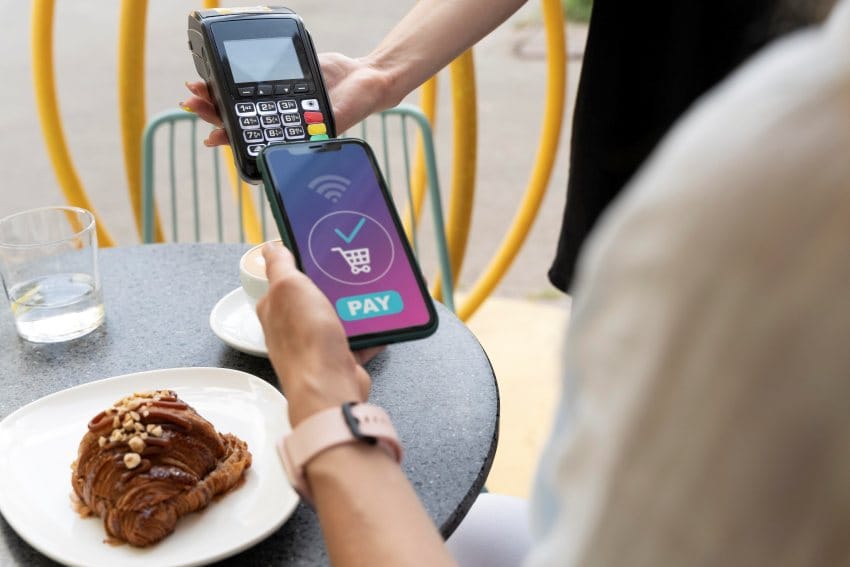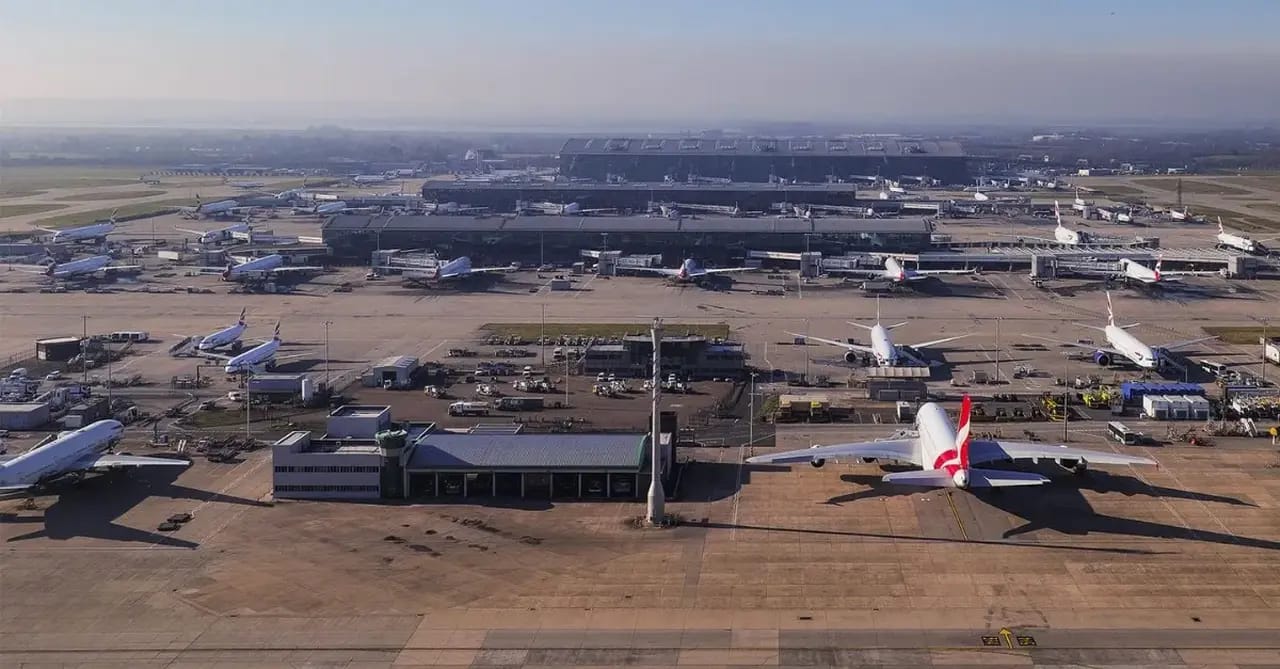- Seamless Journeys
- Posts
- Seamless Journeys |💳 Hidden Travel Payment Costs? Here’s What 500 Leaders Revealed
Seamless Journeys |💳 Hidden Travel Payment Costs? Here’s What 500 Leaders Revealed
Plus: Why Italy’s tourism boom hinges on FinTech fixes📊
Welcome to Seamless Journeys, your go-to resource for finance professionals in the travel industry. Each week, we deliver insights on optimizing travel payments, enhancing efficiency, and navigating finance innovations. From regulatory updates to working capital strategies, we help you streamline transactions and drive financial success in the travel sector.
📣 Editor’s Pick
Modulr spoke to 500+ senior leaders to uncover where friction still exists — and how the industry can fix it. Press the image below to read their report.
🌟Sector Spotlight
TOURISM GROWTH
As Italy eyes a flood of 429 million tourists for grand events like the Jubilee and the Milan-Cortina Olympics, the spotlight falls on its hospitality sector's digital readiness. Currently, many businesses lag in adopting integrated payment systems, risking longer wait times and lost revenue. This scenario underscores the urgent need to embrace FinTech solutions like digital POS systems and contactless ordering apps, which can cut wait times by 40% and boost revenue. For tech-savvy tourists, Italy must ensure frictionless transactions to avoid disappointing experiences in a competitive global market.
For the burgeoning hospitality industry, smart payment adoption isn't just a modernisation effort; it's a lifeline. With staffing shortages accentuating the strain, automated systems offer relief. Smaller operators fearful of costs can resort to affordable options, bridging the digital gap without hefty investments. As major tourism milestones loom, swift digital adaptation will mark the difference between thriving in Italy’s tourism boom or falling behind. Ensuring seamless visitor experiences will sustain Italy's global tourism allure for years to come.

Travel & Tour World
DIGITAL PAYMENTS
This summer, contactless digital payments are fundamentally transforming travel in Europe. As tourists flock to vibrant destinations like Paris or Rome, they increasingly rely on digital wallets and contactless cards for convenient, secure transactions without the hassle of currency exchange or queuing. This shift isn't just beneficial for travellers but also for businesses, enabling them to efficiently manage peak times and offer smoother customer experiences.
A dramatic adoption of digital payments across Europe, with over 60% of Europeans using them by 2024, highlights this trend. From mobile wallets like Apple Pay to innovative wearables, contactless methods are becoming the norm, streamlining transit, event access, and retail experiences. For example, festival-goers can now buy wristbands with preloaded cash, bypassing traditional payment methods. As tech-savvy Millennials and Gen Z drive this evolution, the travel landscape is rapidly digitising, promising stress-free and enhanced journeys for the modern traveller.

Travel & Tour World
ACCOUNTS RECEIVABLE
Traditionally a quiet player in finance, Accounts Receivable (AR) is stepping into the spotlight with AI and machine learning driving its transformation. By automating processes like cash application and collections prioritisation, AI turns AR into a proactive engine, reducing Days Sales Outstanding (DSO) and enhancing cash flow. This evolution is crucial as many firms still use outdated systems that can't scale with rising economic pressures. As interest rates and economic uncertainties rise, modern AR can provide significant strategic value without overhauling entire financial systems.

Payments Journal
TRAVEL PAYMENTS
Consumer payment behaviour, as revealed by PYMNTS, indicates entrenched routines. Debit cards remain the preferred choice for everyday items like groceries, capturing 44% of such payments due to their convenience and cash-on-hand nature. In contrast, 40% of consumers favour credit cards for high-value travel purchases, not only for rewards but also for strategic spending. Interestingly, digital wallet use aligns with the trend towards online transactions for specialised services like travel, where payment patterns differ noticeably from daily grocery shopping.
This nuanced approach to payment methods is driven by context and perceived convenience, demonstrating that many consumers adapt their choices based on transaction type. Despite an overall 27% decline in payment failures and stable fraud rates, consumers persistently choose safety and strategic benefits in their payment methods to maximise efficiency and protection in their financial dealings.
IN CASE YOU MISSED IT - INFRASTRUCTURE INVESTMENT PLAN
Heathrow Airport's ambitious £10 billion transformation plan aims to enhance passenger experience and expand capacity by 10 million annually. However, the proposal to increase airline charges by 17% between 2027 and 2031 sparks debate. While Heathrow asserts these charges fall below 2014 levels in real terms, critics argue it's already one of the costliest global airports. The upgrades promise smoother journeys and more facilities, with the airport targeting operational resilience and improved efficiency.
Transparency is key as 99% of bags will travel with passengers, and 80% of flights will leave on time. Despite the lofty goals, scepticism abounds, particularly from airlines like Virgin Atlantic. They challenge Heathrow's claim that the programme delivers value for money, highlighting the airport's monopoly. As the Civil Aviation Authority prepares to review the plan, Heathrow's future hinges on successful execution and balancing costs with tangible improvements.

Travel Weekly

